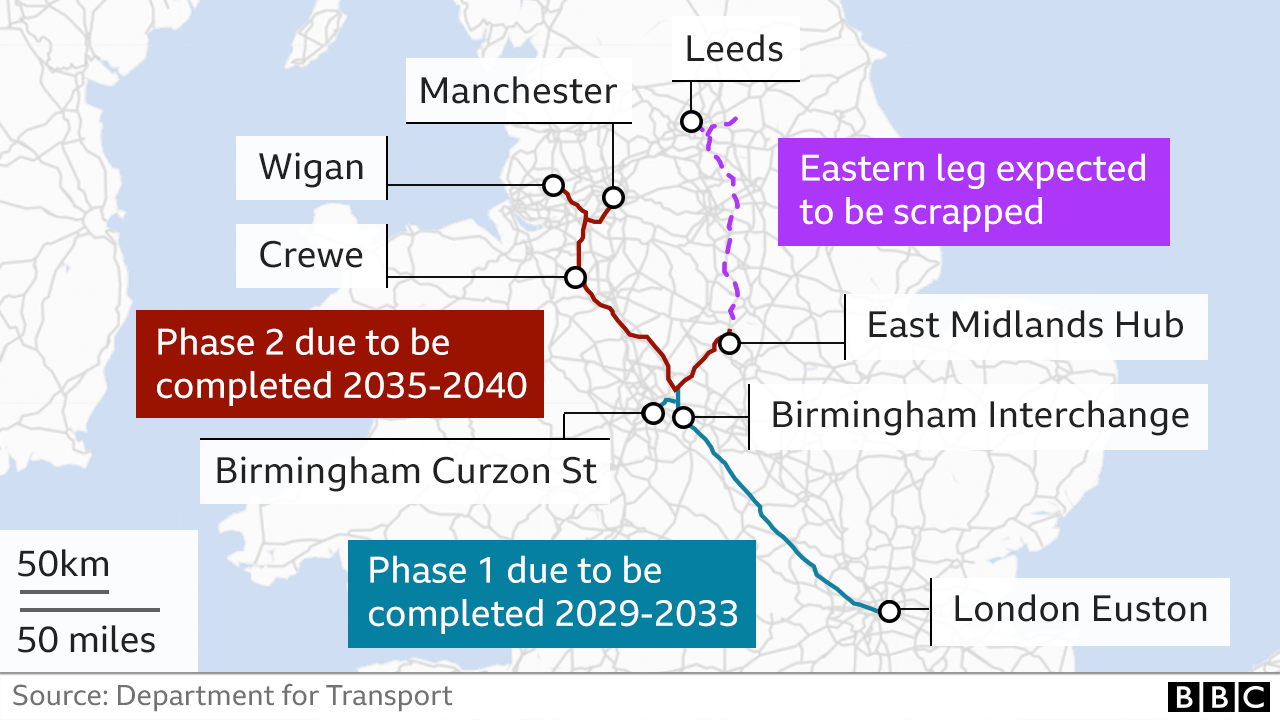North and Midlands rail plans should be reconsidered, MPs say
- Published
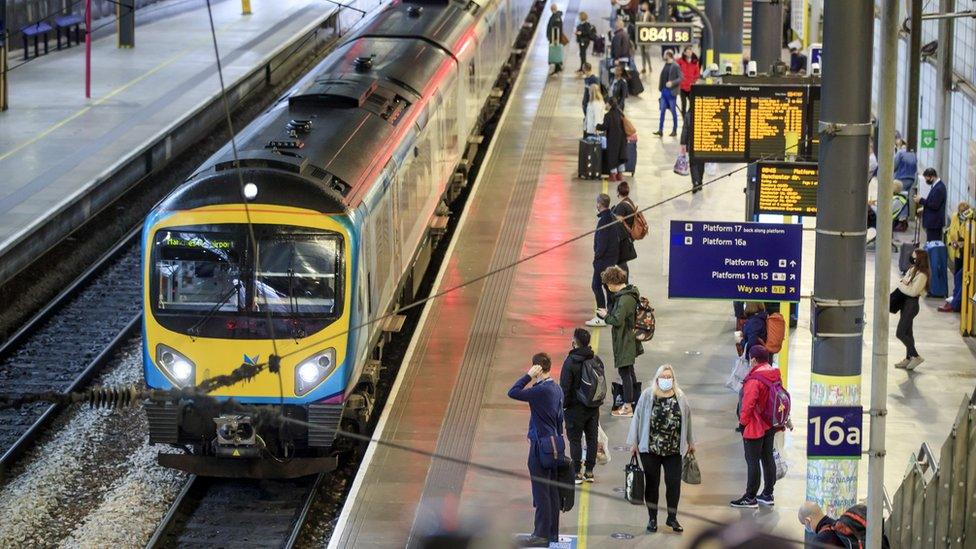
The £96bn Integrated Rail Plan will help transform services in the Midlands and North, the government says
A government rail plan for the North and Midlands should be "reconsidered" to avoid missing a "once-in-a-generation" opportunity, MPs have said.
The Integrated Rail Plan (IRP) includes scrapping HS2's eastern leg between the East Midlands and Leeds and curtailing Northern Powerhouse Rail.
The Transport Select Committee has now called in a report for a full analysis of the plan's wider economic impact.
The government said it was the largest single rail investment ever made.
'Missed opportunity'
Transport for the North (TfN), which advises the Department for Transport (DfT), had recommended a new line being built between Liverpool and Leeds.
However, the Integrated Rail Plan, external only makes provision for a new line between Warrington in Cheshire and Marsden in West Yorkshire, with upgrades to the existing network planned elsewhere.
In its report, the Transport Select Committee said this and other decisions would "reduce the prospects of meeting ambitions for the North by limiting the vital capacity needed for growth".
The "original purpose" of Northern Powerhouse Rail was to connect cities such as Bradford, Hull, Leeds and Sheffield and "enable them to grow", it said.
"The evidence base for the IRP must be reconsidered in the light of these aims if this once-in-a-generation investment in rail is not to be a missed opportunity," the report said.
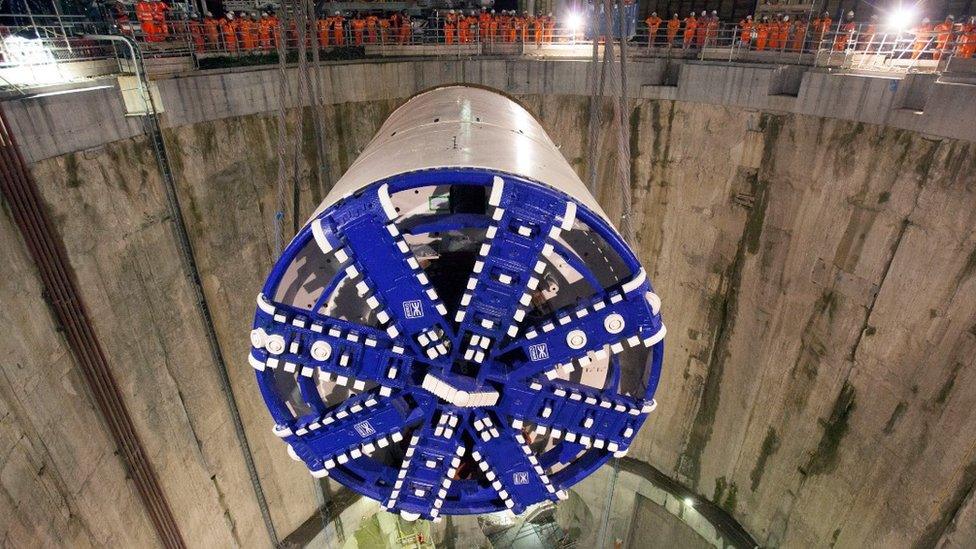
'Vast sums' had been spent on the Elizabeth Line and other projects in London and the South East, TfN said
Conservative MP Huw Merriman, who chairs the committee, said the scale of promised spending on rail "has the potential to transform rail travel for future generations".
However, he said many towns and cities were "already disappointed" by the proposals.
"The prime minister promised he would, with Northern Powerhouse Rail, do for the North what he did for Londoners with Crossrail.
"Instead, much of the track will be an upgrade of existing line," he said.
"The business case of HS2 was based on it going east to Leeds. Now, it stops in the East Midlands without any understanding of how much money is saved.
"People in Leeds and Bradford, in particular, do not recognise the finalised plans meet either the promises they believe were made or the prime minister's stated aims," he added.
'Creaking network'
Martin Tugwell, chief executive of Transport for the North, said the report was a vindication of what his organisation had been calling for.
"London and the south east have seen vast sums spent on HS1, the first phase of HS2, on the new Elizabeth Line, and the Thameslink upgrade.
"Meanwhile, the North's ageing and creaking rail network has had little in the way of new infrastructure or expansion of services," he said.
"As the report says, it is vital this once-in-a-generation opportunity is not missed, [and] we look forward to working with the government to build on this report and re-examine the case for transformational investment in the North," he added.
Northern mayors had previously criticised the government's plans, external when they were unveiled last year.
West Yorkshire's mayor, Tracy Brabin, said they were not "fit for purpose" and would be built "on Victorian infrastructure".
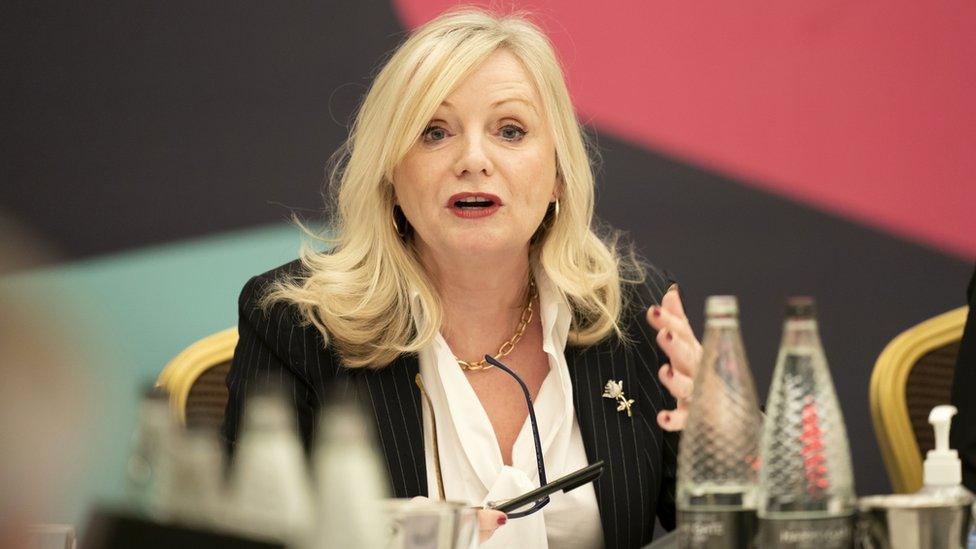
West Yorkshire mayor Tracy Brabin previously said the plans were not "fit for purpose"
A DfT spokesperson said: "The government's £96bn Integrated Rail Plan is the largest single rail investment ever made by a UK government, and this report significantly underplays the benefits it will bring to millions of passengers for generations to come.
"The plan, which is backed by detailed economic analysis, is already benefiting our regions with 26,000 jobs created for the HS2 project alone.
"[It] will deliver transformational benefits to communities across the North and Midlands far sooner than under previous plans."

Follow BBC Yorkshire on Facebook, external, Twitter, external and Instagram, external. Send your story ideas to yorkslincs.news@bbc.co.uk, external.
- Published19 July 2022
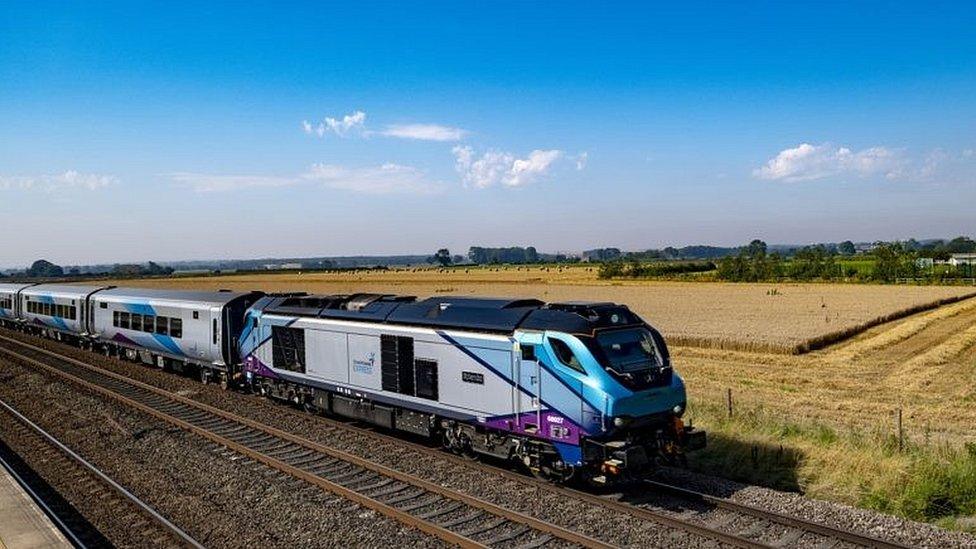
- Published8 February 2022
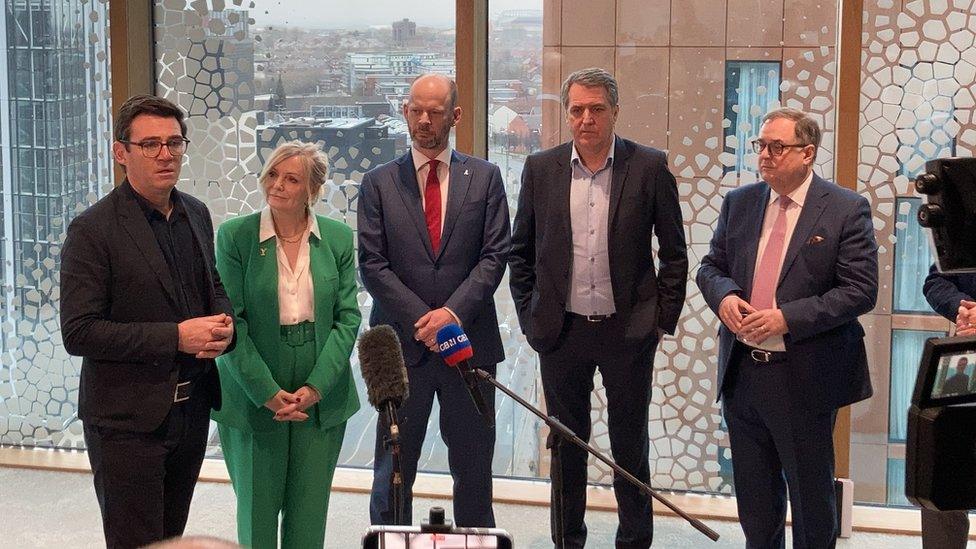
- Published24 November 2021

- Published19 November 2021
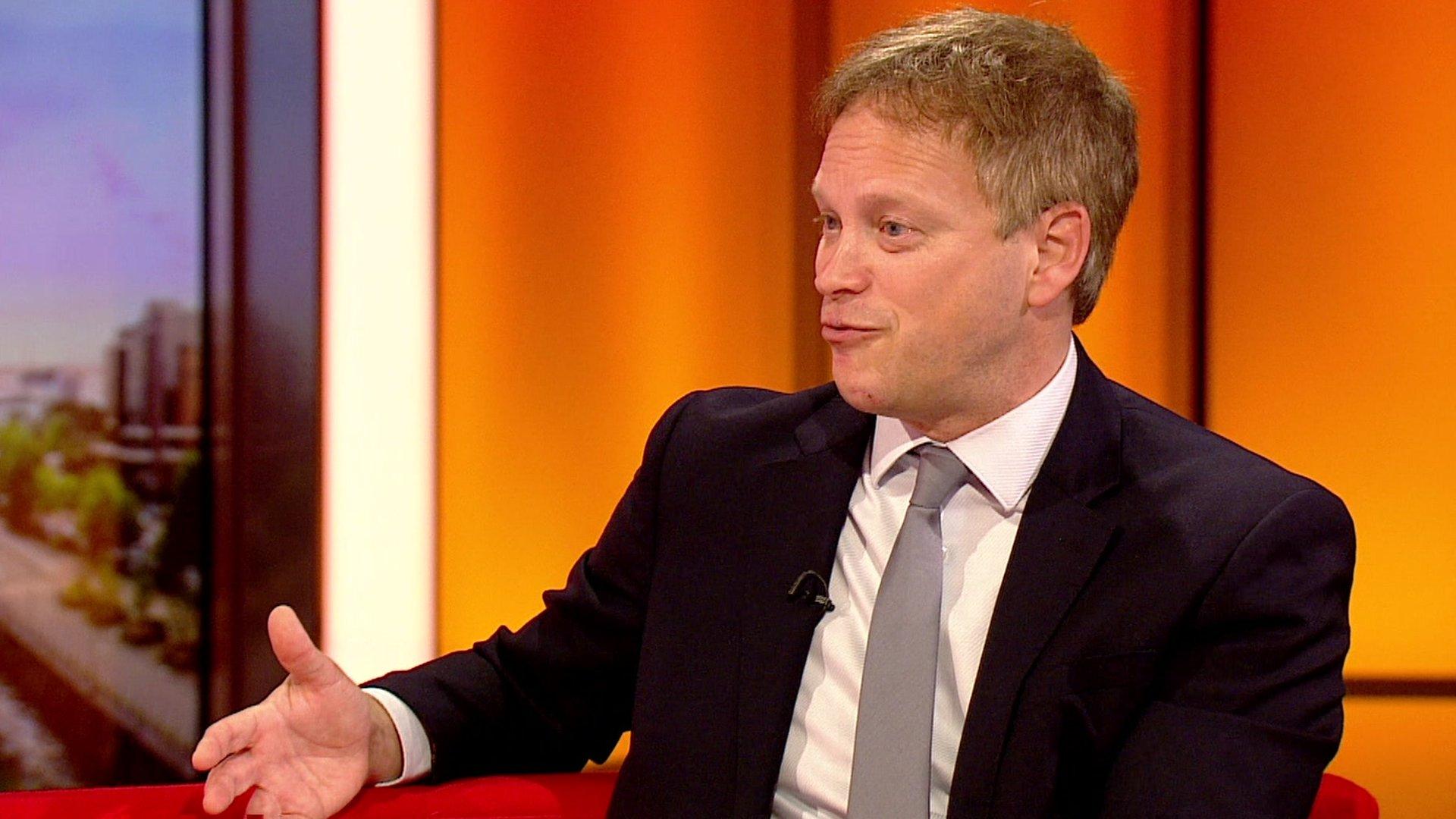
- Published18 November 2021
